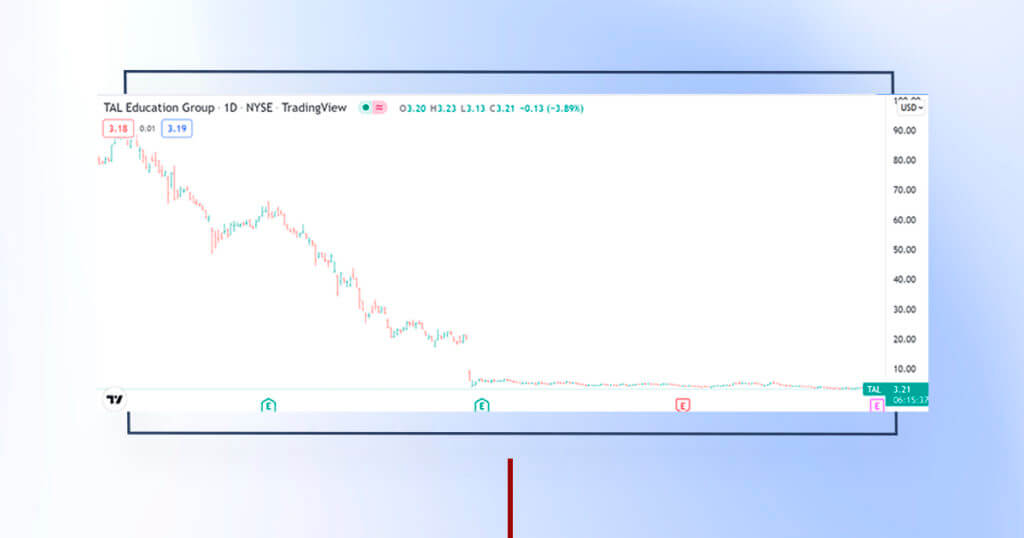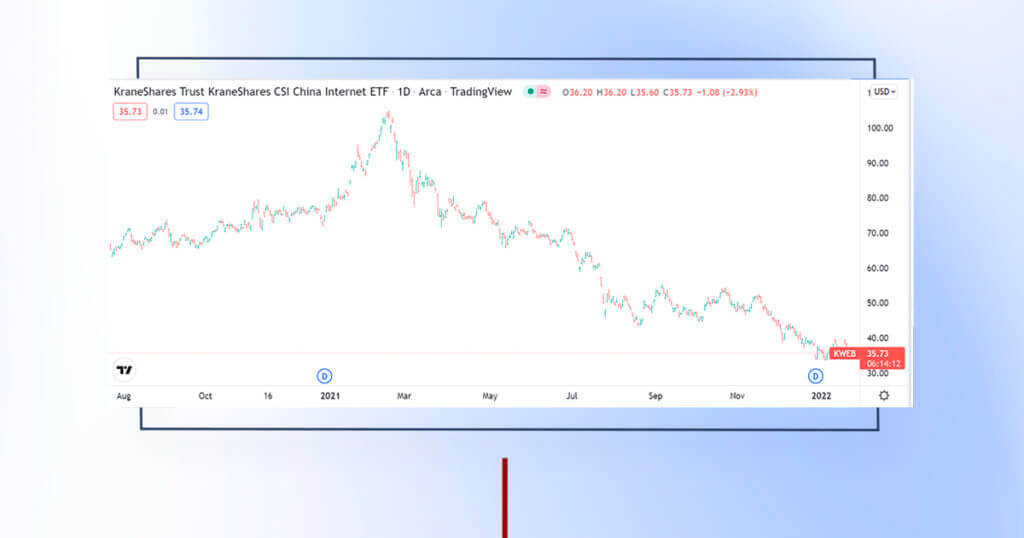Concerns about investments in Chinese market have been looming since the end of 2021 and they continued dominating investors’ minds in 2022.
China’s economic output was 8.1 percent higher in 2021 than in 2020. The last quarter of 2021 ended up with an output 4% higher than during the same period a year earlier. So what’s the trouble?
China’s goal of achieving common prosperity
The growing gap between rich and poor in China gave its leaders a hint something has to be done about it. Indeed the government is not interested in crashing the Hong-Kong stock market with a wrecking ball of economic terror. Here and there new regulations pop up avoiding extreme measures.
What if we forbid private tutoring in core school subjects to ease the burden of ordinary Chines families?!
‘Yey!’ said Beijing.
‘No-o-o,’ said the TAL Education Group stock listed at NYSE.

Similar lower and middle-class family-friendly measures hit hard on Chinese e-commerce, gaming companies, cloud computing providers, crypto miners and social media platforms. Whenever one Chinese child gets limited to 3-hours of video gaming, one KWEB investor cries.

What do you mean by saying I don’t own it?
Foreign ownership in certain Chinese industries is prohibited. This is why many companies, including Alibaba, JD.com and Tencent, are listed on foreign exchanges via Variable Interest Entity (VEI).
Putting it in a very simplified way, VEI is an offshore entity that technically serves to be an intermediary between a Chinese company and its clone listed, let’s say, on New York Stock Exchange. The underlying asset is technically not owned by the foreign investor who purchases these stocks.
Until recently, there have been no issues about it. The underlying company shares its profits with foreign investors through VEI structure. Yet, this was a piece of bitter news that had to be swallowed by young Robihoods and Revolutioneers of these days.
Getting back to good news, Chinese regulators said they do not aim to put any restrictions on the companies already listed on foreign markets via VEI. Yet, nowadays, we can see markets pulsing with that ‘You never know…’ thought.
Any good news?
The concerns of 2021 are quite likely to prevail in the market in 2022, projecting the lack of investment opportunities in China.
However, while some investors are leaving the market, others look at the information from a different point of view. Namely, remaining greedy when others are fearful. Exactly as prescribed by Mr. Buffett.
Is there anything but courage lying beneath this choice?
Yes. Firstly, China’s goal of achieving common prosperity highlights the country’s intention of further economic growth based on citizens participating in economic development, shifting the country’s competitive advantage from having a low-cost benefit to gaining a technology-driven edge.
Secondly, China’s anti-monopoly investigations will foster competition in Chinese market and can present the opportunity for the rapid growth of mid-cap companies. So it implies that the investors still have many reasons to be optimistic about Chinese equities if they look beyond sounding names and focus on identifying a promising niche.
Looking ahead, recent Chinese market concerns have created mispriced opportunities for investors and a chance to look at new and related niches to invest in.
Sources: tradingview.com1, tradingview.com2
Risk Warning: The information in this article is presented for general information and shall be treated as a marketing communication only. This analysis is not a recommendation to sell or buy any instrument. Investing in financial instruments involves a high degree of risk and may not be suitable for all investors. Trading in financial instruments can result in both an increase and a decrease in capital. Please refer to our Risk Disclosure available on our web site for further information.




